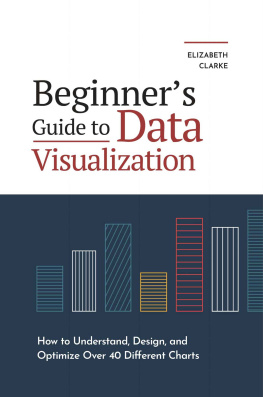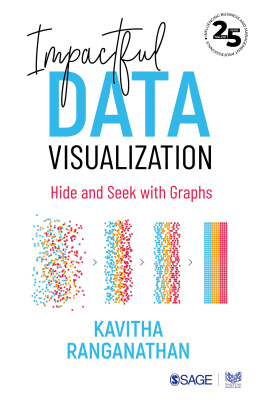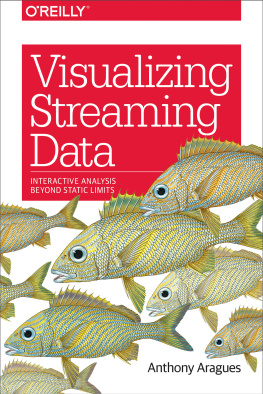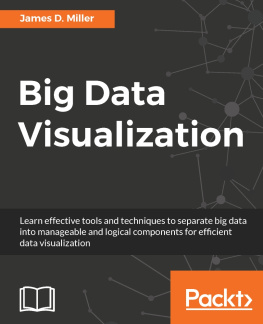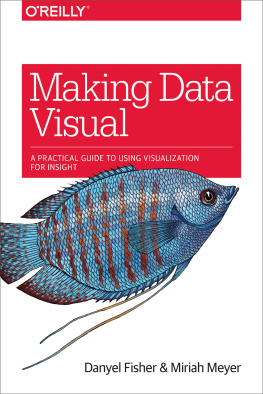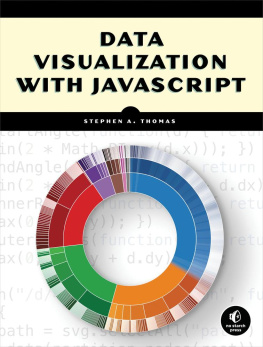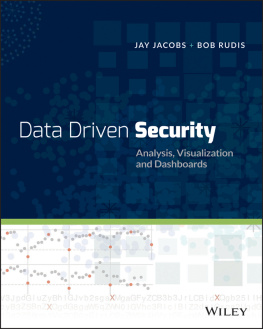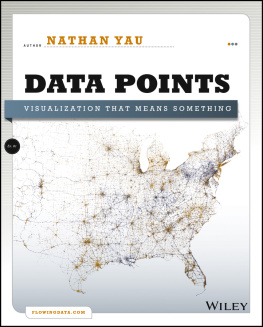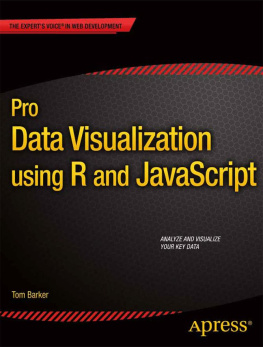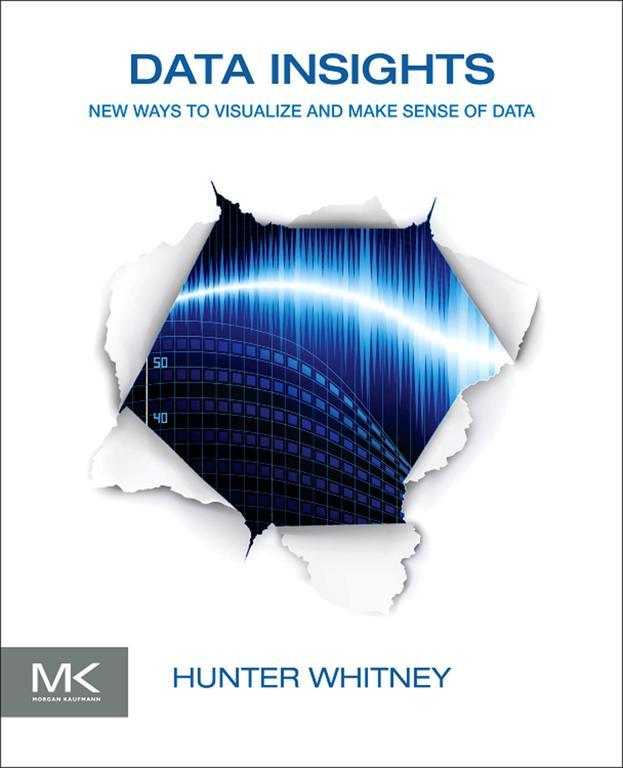Copyright
Acquiring Editor: Meg Dunkerley
Editorial Project Manager Heather Scherer
Project Manager: Marilyn E. Rash
Designer: Joanne Blank
Morgan Kaufmann is an imprint of Elsevier
225 Wyman Street, Waltham, MA 02451, USA
2013 Elsevier Inc. All rights reserved.
No part of this publication may be reproduced or transmitted in any form or by any means, electronic or mechanical, including photocopying, recording, or any information storage and retrieval system, without permission in writing from the publisher. Details on how to seek permission, further information about the Publishers permissions policies and our arrangements with organizations such as the Copyright Clearance Center and the Copyright Licensing Agency, can be found at our website: www.elsevier.com/permissions.
This book and the individual contributions contained in it are protected under copyright by the Publisher (other than as may be noted herein).
Notices
Knowledge and best practice in this field are constantly changing. As new research and experience broaden our understanding, changes in research methods or professional practices, may become necessary.
Practitioners and researchers must always rely on their own experience and knowledge in evaluating and using any information or methods described herein. In using such information or methods they should be mindful of their own safety and the safety of others, including parties for whom they have a professional responsibility.
To the fullest extent of the law, neither the Publisher nor the authors, contributors, or editors, assume any liability for any injury and/or damage to persons or property as a matter of products liability, negligence or otherwise, or from any use or operation of any methods, products, instructions, or ideas contained in the material herein.
Library of Congress Cataloging-in-Publication Data
Application submitted.
British Library Cataloguing-in-Publication Data
A catalogue record for this book is available from the British Library.
ISBN: 978-0-12-387793-2
Author image on back cover courtesy of Charles Wharton. Copyright 2012, Hunter Whitney.
For information on all Morgan Kaufmann publicationsvisit our website at http://store.elsevier.com.
Printed in China
12 13 14 15 1610 9 8 7 6 5 4 3 2 1

Dedication
To my mother, Rachel, for her sense of humor
To my grandmother, Esse, for her sense of wonder
To my grandfather, Doug, for his sense of determination
To my mentor, Don, for his sense of grace
Preface
Sandboxes and Museum Cases
We dont receive wisdom; we must discover it for ourselves.
MARCEL PROUST
This book is not a set of specifications but, rather, a collection of ideas, observations, juxtapositions, and conversations. Think of it more like a sandbox than a museum case. Its not a hermetically sealed bit of perfection but instead a place where we can take out some ideas, turn them around, and view them from different angles. Dont get me wrong, I love going to museums and looking into cases containing collections of truly cutting-edge advances in technologies such as arrowheads and astrolabes, but hands off! In these pages, youll find some beautiful examples of work to spark your imagination, and places to play with ideas. I hope this book encourages a spirited, relaxed, interactive mindset.
A broad range of skills, abilities, and knowledge is needed to fully realize the far-reaching potential of data visualization. Ive included observations in this book from a number of people with different backgrounds and perspectives, ranging from data scientists and statisticians to painters and writers. I would hope that my audience is just as diverse. Many perspectives are needed.
Im a participant, along with you, in the daily process of making sense of the world, and that process increasingly involves understanding certain kinds of data and putting them to use. Ambiguity, contradictions, and uncertainty are the attributes that often go into making a great story. Double meanings can sometimes be a feature, not a bug, in the code of language. In the realm of science, for example, some of the greatest insights and discoveries have come in unanticipated ways. I would venture to guess that the last word on making sense of data has not been written and wont be for a long time.
I dont intend to suggest every view about the subject offered here is an absolute or meant to answer every possible criticism. Quite the contrary. The opinions and observations of the interviewees that appear in the book may not necessarily align with all of mine. The goal is to spark your own ideas and imagination about the topic and encourage conversation. Some debate is a useful aspect of collaboration. My approach to this subject may be relaxed and offbeat, but I tried to be thoughtful at the same time. Whatever fl aws you may perceive in this book, I hope they are offset by a spirit of adventure and willingness to engage in the discussion. Im dogmatic about being open-minded.
Acknowledgments
Good design begins with honesty, asks tough questions, comes from collaboration and from trusting your intuition.
FREEMAN THOMAS
Gaining insights from data requires drawing on the skills, knowledge, and craft of many disciplines. The same is true for writing a book about this topic. To provide you with a sense of the expansiveness involved, Ive collaborated with a number of people and interviewed many more. Writing this book has made me step out of my comfort zone, as I think it should, and I couldnt have ventured out alone. For the people most involved, creating it has been a significant experience.
For those whove put in long hours and late nights and given a part of themselves to this project, thank you:
John Bosley, Veena Kumar, Maria DiLisio, Valerie Demos, and Carl Quesnel
I appreciate the efforts of others who have made important contributions to this book:
Editors, reviewers, researchers, content contributors: Austin Rotondo, Becky Ebenkamp, Todd Holloway, Nicolas di Tada, Jon Duke, Barbara Tversky, and Quynh Nguyen
Graphic designers: Allison Bruce, Jo Bangphraxay, Mana Nahavandian, Sepideh Vahidi, Elaine Wilson, Mia Temple Medeiros, Marya Villarin, Axel Schmitzberger, Gavin Pledger, Adam Katz, and George Casino
Those who helped guide the process: Ben Shneiderman, Rachel Roumeliotis, Meg Dunkerley, and Heather Scherer
Writing a book is really difficult, and moral support is essential, so, thank you:
Jann Hoffman and Michael Aratow
To all the interviewees in the book, Ive done my best to highlight some of your great work.
Thank you.
About the Author
Hunter Whitney is a user experience (UX) designer who has helped create useful and usable interface designs for clients in areas ranging from bioscience and medicine to information technology and marine biology. In addition to his UX work, he has written numerous articles about a range of subjects, including data visualization, for various online and print publications. His aim is to encourage conversations among people with diverse skills and perspectives about presenting data in ways that are more widely accessible and engaging. Hunter received dual bachelors degreesone in english literature from UCLA and the other in biology from UCSCand has completed postgraduate neuropsychology research at UCLA. The combination of these multidisciplinary studies reflects his longstanding interest in the intersection between the humanities and the sciences; you can contact him at


